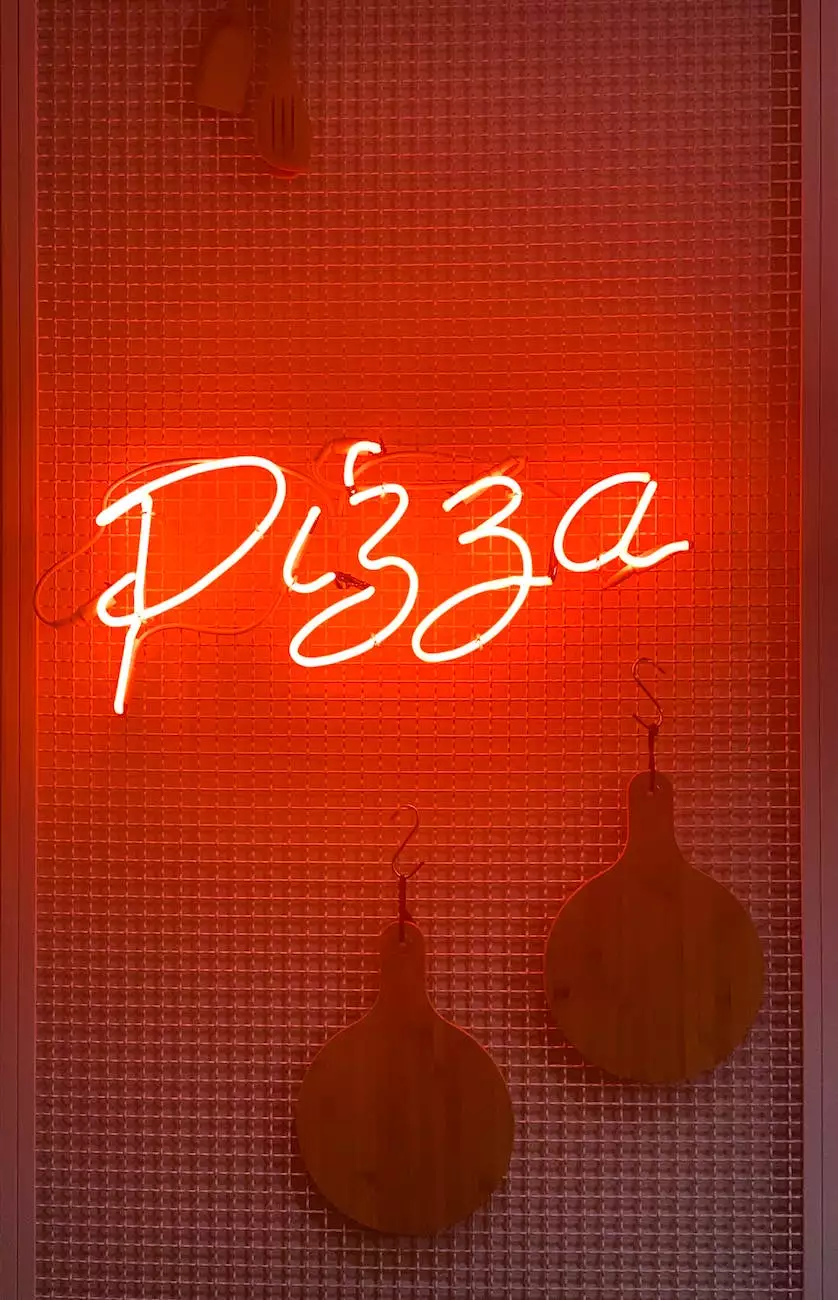Jetpack Compose VS Flutter: Battle of UI Frameworks

When it comes to developing user interfaces for mobile and web applications, two frameworks have gained immense popularity in recent times: Jetpack Compose and Flutter. Both frameworks offer powerful features and capabilities, but understanding their differences is crucial in determining which one will best suit your development needs.
What is Jetpack Compose?
Jetpack Compose is a modern UI toolkit developed by Google that simplifies the process of building robust and performant user interfaces. It is based on a declarative programming model, enabling developers to describe the desired UI state and let the framework handle the UI updates automatically. With its Kotlin-first approach, Jetpack Compose provides a seamless integration with existing Android codebases.
What is Flutter?
Flutter, on the other hand, is an open-source UI framework developed by Google. It uses a reactive programming style and offers a rich set of customizable widgets to create visually appealing native interfaces for iOS, Android, and the web. Flutter's main selling point is its ability to provide a single codebase that can be deployed on multiple platforms without compromising performance.
Differences and Similarities
While Jetpack Compose and Flutter share the goal of simplifying UI development, there are some key differences between the two frameworks.
Programming Language
Jetpack Compose utilizes the Kotlin programming language, which is officially supported by Google for Android development. It offers seamless integration with existing Android projects and libraries. On the other hand, Flutter uses Dart, a language that was specifically created for building Flutter applications. Dart has a modern syntax and provides features that aid in developing reactive and performant UIs.
Widget System
Jetpack Compose uses a composable function-based approach, where individual UI components are written as functions that take input parameters and return a UI hierarchy. This composability provides excellent reusability and makes UI testing easier. On the other hand, Flutter utilizes its own widget system, where UI components are represented as widgets that can be combined to create complex UI layouts. The widget system in Flutter allows for extensive customization and is well-suited for building visually appealing interfaces.
Development Ecosystem
Jetpack Compose benefits from the vast ecosystem of existing Android libraries and tools. It seamlessly integrates with other Jetpack components, making it easier to leverage existing infrastructure and resources. Flutter, on the other hand, has its own ecosystem of packages and plugins, offering a wide range of community-contributed solutions for various use-cases. However, as a relatively newer framework, Flutter's ecosystem is still maturing.
UI Performance
Both Jetpack Compose and Flutter strive to deliver high-performance user interfaces. Jetpack Compose leverages the native rendering capabilities of Android, ensuring smooth UI transitions and animations. Flutter, on the other hand, uses its own rendering engine called Skia, which allows for consistent performance across different platforms. The hot-reload feature in Flutter enables real-time UI updates, making it ideal for rapid development and iteration.
Advantages and Limitations
Jetpack Compose and Flutter each have their own set of advantages and limitations. Understanding these can help in making an informed decision about which framework to choose for your project.
Advantages of Jetpack Compose
- Seamless integration with existing Android projects and libraries
- Built on Kotlin, the official Android programming language
- Ability to leverage existing Jetpack components
- Improved UI testing capabilities with its composable function-based approach
Limitations of Jetpack Compose
- Relatively new framework with a smaller community and ecosystem compared to Flutter
- Limited cross-platform support, primarily focused on Android
- May require additional work to port existing Android projects to Jetpack Compose
Advantages of Flutter
- Single codebase for building apps across multiple platforms - iOS, Android, and web
- Extensive widget system for highly customizable UI components
- Hot-reload feature for real-time UI updates during development
- Stable rendering performance across different platforms
Limitations of Flutter
- Requires learning the Dart programming language, which may be an additional learning curve for developers used to other languages
- Relatively newer framework with a smaller community compared to more established options
- Custom platform-specific integrations may require additional effort
Conclusion
Choosing between Jetpack Compose and Flutter ultimately depends on your specific project requirements and preferences. Jetpack Compose offers seamless integration with existing Android projects, leveraging the Kotlin programming language and the vast Android ecosystem. On the other hand, Flutter provides a cross-platform solution with its rich widget system and excellent UI performance across different platforms.
Consider the advantages and limitations of both frameworks and assess which one aligns better with your development goals. Stay updated with the latest trends and community feedback to make an informed decision for your UI development needs.










